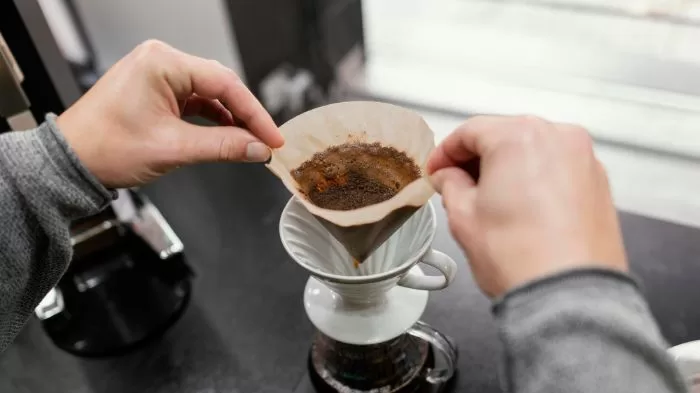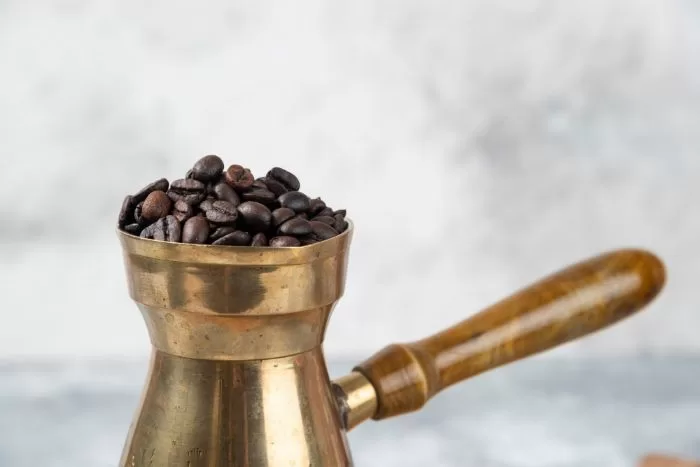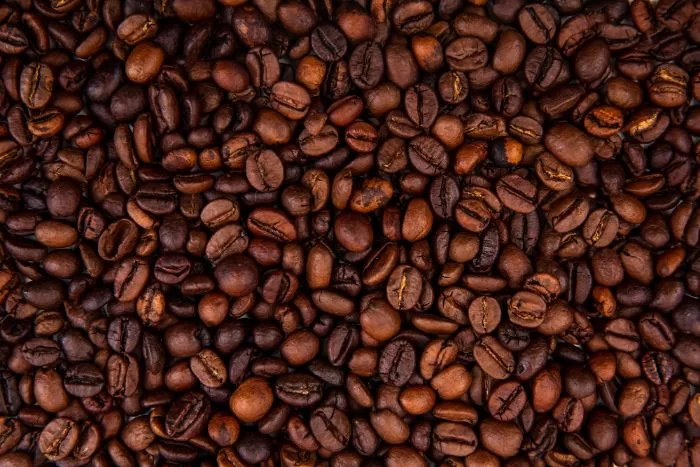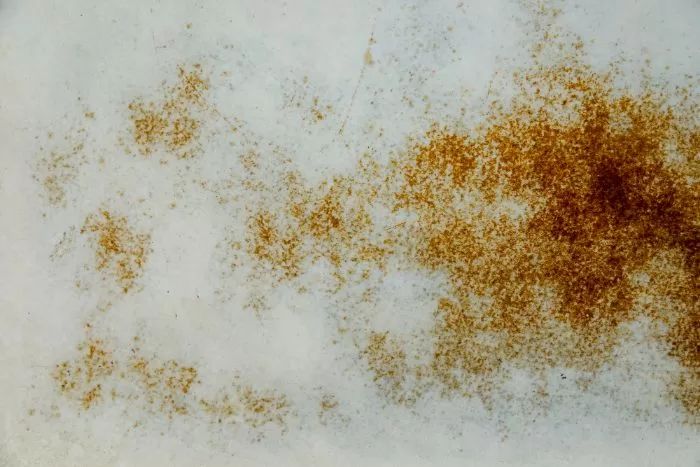Are you one of those coffee lovers who’ve heard the age-old rumor that your favorite brew can leave you dehydrated? Well, join the club! As a fellow coffee enthusiast, I’ve often wondered if my daily caffeine fix is doing me more harm than good in the hydration department. It’s time to put an end to the confusion and unravel the truth about coffee and its potential dehydrating effects.
In this article, we’ll dive deep into the science behind coffee and its impact on your hydration levels, leaving no bean unturned. So, grab your favorite mug and get ready to sip on some coffee knowledge as we explore whether that cup of joe is truly a hydration hindrance or just an old wives’ tale.
What Is Dehydration?
Before we delve into the coffee and dehydration debate, let’s first understand what dehydration really means. Dehydration is when your body doesn’t have enough water to keep things running smoothly. It occurs when you lose more fluids than you drink, and your body struggles to function properly as a result. This condition isn’t something to take lightly, especially for vulnerable groups like babies, children, and older adults.
Now, here’s the thing about dehydration – your body craves water like a coffee lover craves their morning brew. Unlike coffee beans that can sit in your pantry for months, your body doesn’t have a stash of water it can tap into. It needs a fresh supply every day to keep everything humming along.

According to the National Academies of Sciences, Engineering, and Medicine, women should aim for around 2.7 liters (that’s about 91 ounces) of total water each day, while men should shoot for about 3.7 liters (125 ounces). Of course, these numbers are for adults who are generally healthy, not too active, and live in relatively mild climates. If you’re more of a mover and shaker, have specific health conditions, or call a scorching hot place home, you might need to tweak those numbers up or down a bit.
Now, when we talk about “total water,” it’s not just what you sip from your cup – it includes the water hidden in your food too. Believe it or not, about 20% to 30% of your daily water intake actually comes from the food you chow down on, with the rest coming from the liquids you slurp and sip.
What Are Symptoms Of Dehydration?
Dehydration doesn’t discriminate – it affects people of all ages. Whether you’re a coffee-loving adult or a concerned parent, here’s a closer look at how to spot it:
For adults:
- If you find yourself reaching for your coffee cup more frequently or thirst seems insatiable.
- Notice a decrease in your usual bathroom visits and less perspiration than usual.
- Keep an eye on the color of your urine; if it becomes darker than usual, it could be a sign.
- Your skin may feel dry, rough, or unusually parched, similar to an empty coffee cup.
- Experiencing occasional bouts of dizziness or lightheadedness.
For infants:
- If your little one cries but tears don’t accompany their distress.
- Pay attention if their diapers remain dry for more than three hours.
- A persistent high fever could be indicative of dehydration.
- Unusual irritability and fussiness might signal a problem.
- Keep an eye out for sunken eyes, as they can be a hint that something isn’t right.
Dehydration isn’t something to underestimate. Left untreated, it can lead to severe consequences, including reduced urination and kidney complications.
Claim: Coffee Dehydrates You
Now, let’s tackle the burning question: does coffee really leave you high and dry? Coffee has caffeine, a little something known as a “weak diuretic.” Diuretics are like those pesky bathroom breaks during your favorite movie – they make you pee more, and that means losing some precious water. This is what got people thinking that sipping on caffeine-packed drinks like coffee might be a one-way ticket to dehydration.
But here’s where things get interesting – your body isn’t a pushover when it comes to caffeine. It’s like building up a resistance to that extra shot of espresso in your latte. In just 1 to 4 days, your body gets used to caffeine, and those diuretic effects start to fade away. So, if you’re a regular coffee sipper, chances are you’re feeling even less of those bathroom urges.
Plus, here’s a little-known secret – coffee isn’t just caffeine. It’s also loaded with water, like a double-shot Americano or a creamy cappuccino. This extra H2O in your brew helps keep things in check, balancing out the diuretic effects of caffeine.
What Does The Science Say?
So, what’s the scoop according to the science beans? Well, it turns out, caffeine doesn’t seem to be the hydration villain we once thought it was. In fact, a 2014 meta-analysis, which is like a fancy way of saying a bunch of studies were combined and analyzed, found that caffeine doesn’t give healthy adults the boot in the hydration department – not even when they’re breaking a sweat during exercise. Most of these studies followed the “normal drinking pattern” of around 300 mg of coffee or other caffeinated drinks.
But here’s the kicker – there’s some pretty solid proof that for those of us who consider coffee a daily ritual, it’s as good at keeping you hydrated as a glass of plain old water.
Take a look at a 2014 study that had 50 regular coffee-drinking guys. They split them into two groups, one sipping only water and the other adding a specific amount of coffee to their daily routine. After a three-day coffee showdown, guess what? There were no big changes in their total body water, whether they were part of the coffee club or not.
And if you’re worried about your bathroom breaks, a 2015 study that checked out different drinks and their hydration impact might put your mind at ease. It turns out that after downing coffee, soda, tea, or water, folks were making trips to the restroom in pretty much the same numbers.
What Do The Experts Say?
So, what’s the verdict from the coffee aficionados, aka the experts? Well, it seems like they’re giving coffee the green light for most healthy adults. Let’s have a quick sip of what some of these experts have to say:
American Academy of Family Physicians (AAFP):
The AAFP wants to set the record straight – they say that your everyday caffeine fix won’t turn you into a dried-up raisin, whether you’re an athlete or just a regular Joe.
National Health Service (NHS):
The NHS, that’s like the health guardian across the pond, assures us that sipping on tea and coffee is A-OK as part of a balanced diet. They do drop a little knowledge bomb though – caffeinated drinks might make you dash to the restroom quicker, but it all depends on how much caffeine you’re tossing back and if you’re already a coffee connoisseur.
National Institutes of Health (NIH):
These experts, who know their way around health, chime in with some solid advice. They say that for most of us, slurping up to 400 mg of caffeine a day is perfectly fine. But they do ring a warning bell – guzzling more than 400 mg daily might leave a few folks feeling dehydrated.
U.S. Dietary Guidelines for Americans:
These guidelines are like the coffee police, but they’re pretty chill about it. They point out the FDA’s two cents, saying that up to 400 mg of caffeine per day isn’t likely to lead to any wild and negative effects.
So, the experts seem to be in harmony – coffee isn’t out to dehydrate you, and it can be part of a healthy routine.
Should I Avoid Coffee If I Am Dehydrated?

Now, let’s tackle the big question – should you skip that beloved cup of coffee when you’re feeling a little dehydrated? Well, here’s the deal: coffee likely won’t leave you high and dry, but it might not be your hydration hero either, especially if you’re already dehydrated.
So, what’s the best move when you’re feeling like a dried-up sponge? If it’s not a full-blown emergency, the top choice is a rehydration drink, also known as a sports drink or electrolyte solution. These magic elixirs are basically water with a sprinkle of sugar and some minerals thrown in. They work wonders in replacing those precious fluids your body is craving. And hey, don’t forget about water-rich foods like juicy watermelon, comforting soup, or a crisp salad – they’re like little hydration buddies.
But a word to the wise – dehydration can turn into a real medical pickle. If you’re struggling to keep liquids down, it might be time to seek out a healthcare provider for some expert advice. And if you’re huffing and puffing, feeling all mixed up, or seeing stars, don’t hesitate – get yourself some medical care.
Wrap Up
So, here’s the bottom line, my fellow coffee enthusiasts. Coffee may have a little diuretic kick, but does it leave you high and dry? The verdict leans towards a big ‘nope’ – especially if you’re a coffee devotee and keep your caffeine intake under 400 mg daily.
For most of us in the land of good health, coffee is not the villain it’s made out to be. In fact, it can cozy up nicely as a regular part of your daily routine. And guess what? It might even chip in towards that daily water goal. So, sip on, coffee lovers, and let the brew flow!





Leave a Reply